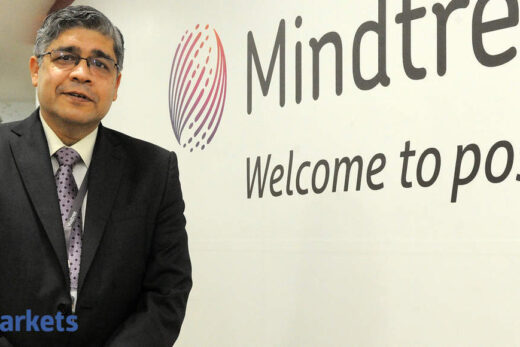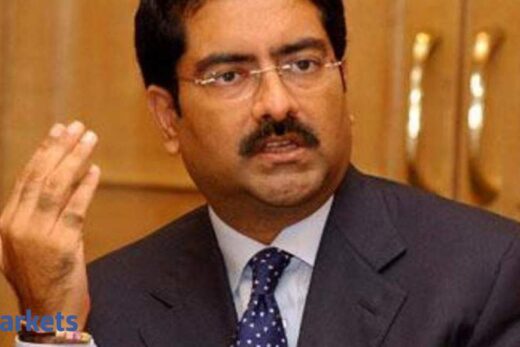ET Now: About the option you had suggested for expediting the vaccine-making process…
Arvind Panagariya: I had written about one possible option, but I don’t think that would be implemented. A parallel process for waiver under the auspices of the WTO is at a more advanced stage.
The proposal I suggested — others have suggested it too — was that a consortium of major countries of the world could come together, pull the resources and purchase patent & the manufacturing know-how. This could be done for one or two vaccines and then proliferate their manufacturing process around the globe.
Once the manufacturing process is clearly known, it could be shared with national governments. Governments could then in turn share it with their manufacturers.
The idea behind all this is to speed up production of vaccines. You do not necessarily need multiple vaccines; one or two should be enough. We can really raise their production very rapidly.
Speed is really of the essence. Some of the mRNA-based vaccines are more efficacious, but others are good enough too. If we can supply rapidly, then we can make good progress.
How do you view the current vaccine situation?
For the next two or three months, India will largely have to make do with whatever vaccine is available domestically — whatever Serum Institute and Bharat Biotech can make and supply. That is a constraint we face.
Mumbai is now trying to procure vaccines through imports. It is a good strategy. It would have some success by and large, but that is not a complete solution for a country of our size.
Global supply is not yet abundant, and buyers from all around the world are lining up. So realistically, I do not think vaccine would be a major solution in the next two to three months.
What we have to do is look beyond that two or three months. I think this is a threat that is going to stay with us for the next five-six years, unless we get very lucky and the virus disappears or suddenly goes into remission.



